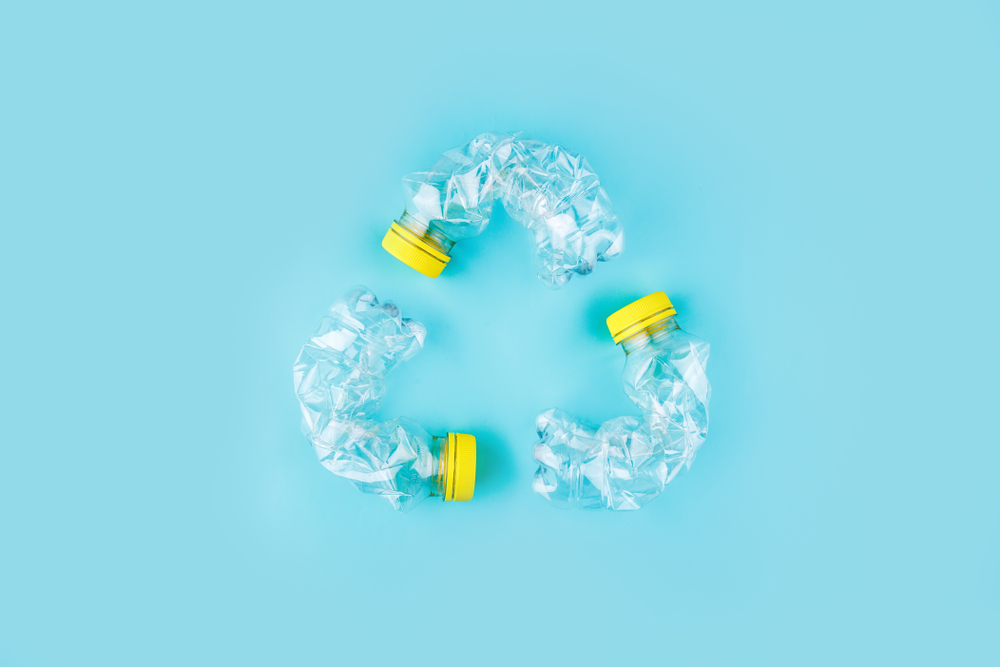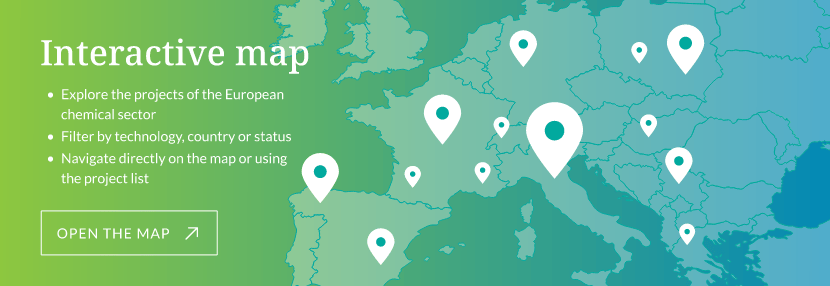Achieving a Circular Economy: The Integral Role of Chemical Recycling in Tackling Plastic Waste

Chemical recycling is a key technology on the path towards achieving circularity goals and recycling targets. To fully unlock its potential and attract increased investments in this domain, a clear regulatory framework is essential, as is fostering collaboration among industry stakeholders, national authorities, and society. This message echoed during the panel debate ‘Perspectives on the Industry: Current State, Scaling, Challenges, and Opportunities‘ at the recent Chemical Recycling Europe Forum 2023.
A key technology in combating plastic pollution
Achieving the EU’s mandatory targets of 50% recycling by 2025 and 55% by 2030 requires the rapid scaling of recycling capacities and infrastructure, stressed Carlos Monreal, President of Chemical Recycling Europe, who also highlighted the need for a clear and stable regulatory framework, including ambitious recycled content targets for contact sensitive applications to attract investments and create demand for chemical recycling.
In Europe, at least 12 million tons of post-consumer plastics are incinerated each year. In 2020, 23% of all post-consumer plastic waste was sent to landfills.** We need to be able to recycle more of this waste, rather than incinerating or landfilling. Therefore, it is crucial to further scale up the collection and sorting of all plastics, as highlighted by Monreal, who also stressed that there is no fight against mechanical recycling but the wish and the need for complementary recycling options. Chemical recycling is in this context a crucial part for reducing plastic pollution.
Egor Dementev, Senior Analyst at Plastics Recycling at ICIS, further positioned chemical recycling as a pivotal element in advancing sustainability and circularity. Dementev explained that pyrolysis is emerging as the dominant technology in chemical recycling. Despite its relative infancy compared to mechanical recycling, there are positive trends in plant capacity growth and potential regulatory support. His message was clear: chemical recycling represents a defining moment for the industry, with immense opportunities awaiting those who act promptly.
From a linear to a circular approach
Annick Meerschman, Innovation Director at Cefic, emphasised the need for a holistic approach to recycling, with all available and complementary technologies driving a circular economy.
Meerschman referenced the recent Joint Research Centre (JRC) study, ‘Environmental and economic assessment of plastic waste recycling’, A comparison of mechanical and chemical recycling, and energy recovery of plastic waste, which highlights the environmental benefits of recycling (mechanical, physical or chemical) over incineration.
She also underlined the importance of a mass balance chain of custody, with a fuel use exempt model, as essential for chemical recycling, ensuring a harmonized and predictable approach for the calculation of recycled content. Mass balance allows the repurpose of existing industrial installations for the circular economy and enables leveraging recycled feedstock together with virgin fossil feedstock in existing assets with multiple outputs.
Investments are taking place right now by the industry; however, regulatory certainty is fundamental for these investments to come to fruition and encourage new ones. Industry players require a clear and well-stablished regulatory framework to make investment decisions, preventing Europe from becoming dependent on imported recycled materials.
Raising awareness of the benefits of chemical recycling
To effectively address the plastic waste issue, it is crucial to embrace a variety of recycling technologies. Aurel Ciobanu-Dordea, the Director of Circular Economy at DG ENV, European Commission, stated that recycling stands as a priority, and plastic waste sorting efforts need to be intensified, along with strategies to guarantee an ample supply of feedstock. This will help ensure that recycling targets become a reality.
He urged stakeholders, including industry actors, government, associations, and society, to collaborate. Dordea also emphasised the upcoming discussion on the implementing act of the Single-use plastic products (SUPs), regarding calculation and verification rules for mechanically and chemically recycled content.
The audience was invited to further promote the benefits and positive dimensions of chemical recycling, highlighting its synergy and complementary aspects with other recycling methods. To achieve better recycling results in the coming decade, we must take action now.
** Source: Plastics Europe 2022, EU27+3.
To learn about which investments in chemical recycling by the chemical industry are taking place in Europe, visit Cefic’s low-carbon technologies projects map
